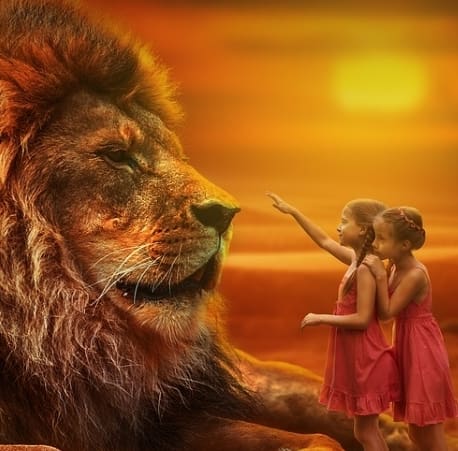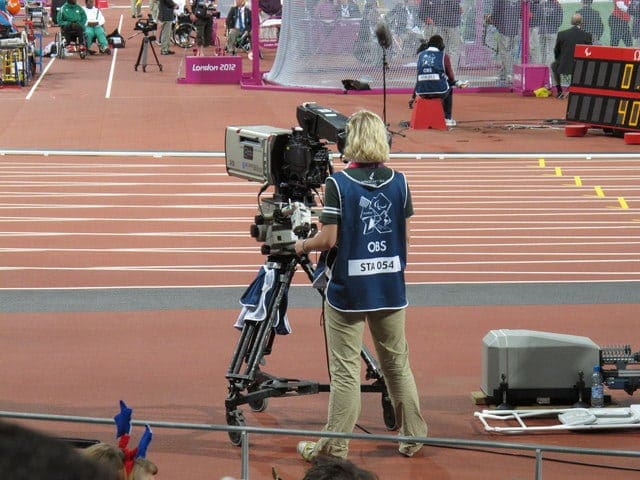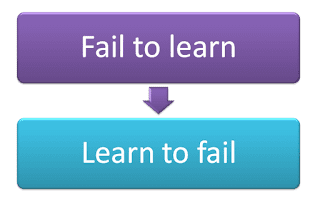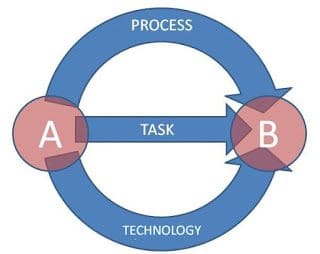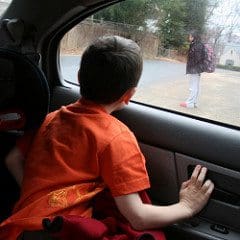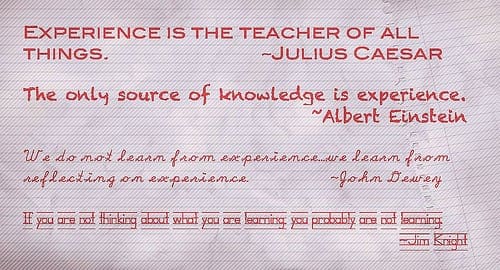
Favorite Knowledge is born in a three-stage process of reflection on experience – here’s how. Experiencing, Learning, Reflecting, by Denise Krebs on Flickr I think most people accept that knowledge is born through reflection on experience. The three-stage process in which this happens is the core of how the military
Read More
 Shared by Nick Milton March 2, 2018
Shared by Nick Milton March 2, 2018

Favorite Many of us are used to holding knowledge capture events at the end of a project. There is also merit in repeating this exercise one year (or more) later. Imagine a project that designs and builds something – a factory, for example, or a toll bridge, or a block
Read More
 Shared by Nick Milton February 21, 2018
Shared by Nick Milton February 21, 2018

Favorite There is often an assumption that storing project files equates to managing knowledge on behalf of future projects. This is wrong, and here’s why. For example, see this video from the USACE Knowledge Management program says “if you digitise your paper files, throw in some metadata tagging, and use our
Read More
 Shared by Nick Milton February 20, 2018
Shared by Nick Milton February 20, 2018

Favorite Here is a case study of one organisation – the BBC – learning from experience. The Olympics is was a massive event, on a scale that is unprecedented in peacetime. It’s the biggest project a country will ever undertake, other than a war. I have already blogged about the
Read More
 Shared by Nick Milton January 23, 2018
Shared by Nick Milton January 23, 2018

Favorite Is learning from failure the best way to learn, or the worst? Classic Learning by Alan Levine on Flickr I was driven to reflect on this when I read the following quote from Clay Shirkey; “Learning from experience is the worst possible way to learn something. Learning from experience
Read More
 Shared by Nick Milton January 19, 2018
Shared by Nick Milton January 19, 2018

Favorite If lesson learning is so simple, why do organisations so often fail to learn the big lessons? We seem to be able to learn the little lessons, like improving small aspects of projects, but the big lessons seem to be relearned time and time again. Why is this? Some
Read More
 Shared by Nick Milton January 15, 2018
Shared by Nick Milton January 15, 2018

Favorite This is another one to add to the “Common Knowledge Management Objections” list, and it’s worth thinking in advance what your counter-argument might be. It’s a push-back you hear quite often in project organisations: “We can’t do Knowledge Management, especially lessons learned, as all our projects are different”. I
Read More
 Shared by Nick Milton October 4, 2017
Shared by Nick Milton October 4, 2017
Favorite The US Wildfire community is an area where Knowledge Management and Lesson Learning has been eagerly embraced, including the use of video. The need for Knowledge Management and Lesson Learning is most obvious where the consequences of not learning are most extreme. Fire-fighting is a prime example of this
Read More
 Shared by Nick Milton September 4, 2017
Shared by Nick Milton September 4, 2017

Favorite There is only a certain amount you can learn by reading. Sometimes you have to go and see. Watcher, by woodleywonderworks, on Flickr With complex knowledge, there is more going on that can ever be documented, and (if it’s possible) the best way to learn is to go and
Read More
 Shared by Nick Milton August 15, 2017
Shared by Nick Milton August 15, 2017
Favorite Having knowledge, and doing something with that knowledge, are two different things. There is often a gap between knowing and doing. Why do you get teams or organisations that just don’t want to learn? Take the example of one company, with dysfunctional project management practices. They have had several external audits
Read More
 Shared by Nick Milton July 24, 2017
Shared by Nick Milton July 24, 2017
![]() Shared by Nick Milton March 2, 2018
Shared by Nick Milton March 2, 2018


